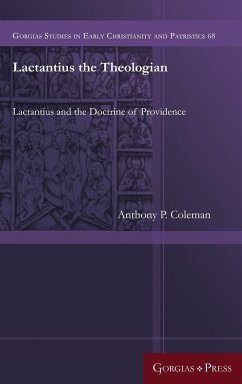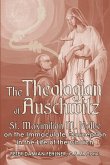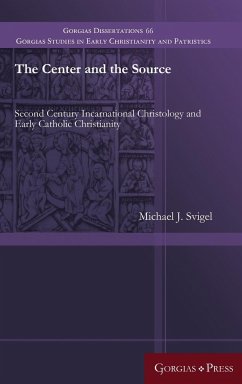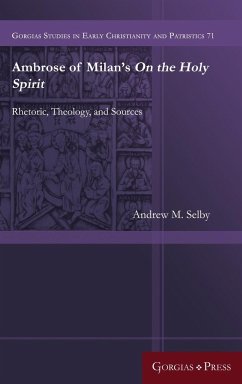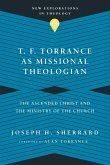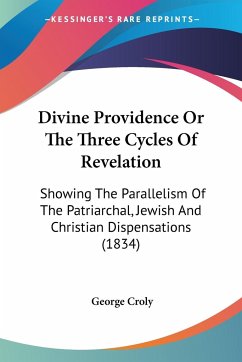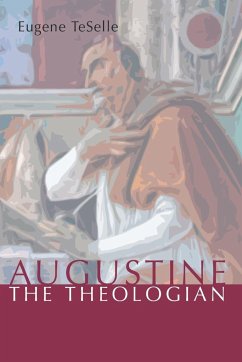This book dissertation examines the doctrine of providence as it appears in the works of the North African Latin apologist, L. Caecilius Firmianus Lactantius (c.245 - c.325). In the early fourth century the Roman Empire was struggling to come to terms with its own religious self-identity. While the persecutions under Diocletian were still raging, the rhetorician Lactantius authored several apologetic works in order to advocate for Christianity's inclusion into the traditional Roman culture. Lactantius' apologetic goal is twofold: 'to defend and build up' (defendere et instituere) (cf. DI 5.4.3). The apologist is not merely concerned with the tearing down of fallacious arguments, but also with the constructing of a positive Christian theology; in Lactantius' own words, with the totius doctrinae substantiam (DI 5.4.3). Throughout his apologetic corpus the doctrine of providence functions as Lactantius' grundaxiom; a foundation upon which he can construct his own positive Christian theology. At the same time, the near unanimity among philosophers as to the existence of providence allowed Lactantius to engage his non-Christian audience through a concept of shared philosophical inheritance. By employing the doctrine of providence to support and integrate his entire theological system, therefore, Lactantius has made the linchpin of his theology a doctrine which finds common ground among both Christians and non-Christians.
Hinweis: Dieser Artikel kann nur an eine deutsche Lieferadresse ausgeliefert werden.
Hinweis: Dieser Artikel kann nur an eine deutsche Lieferadresse ausgeliefert werden.

